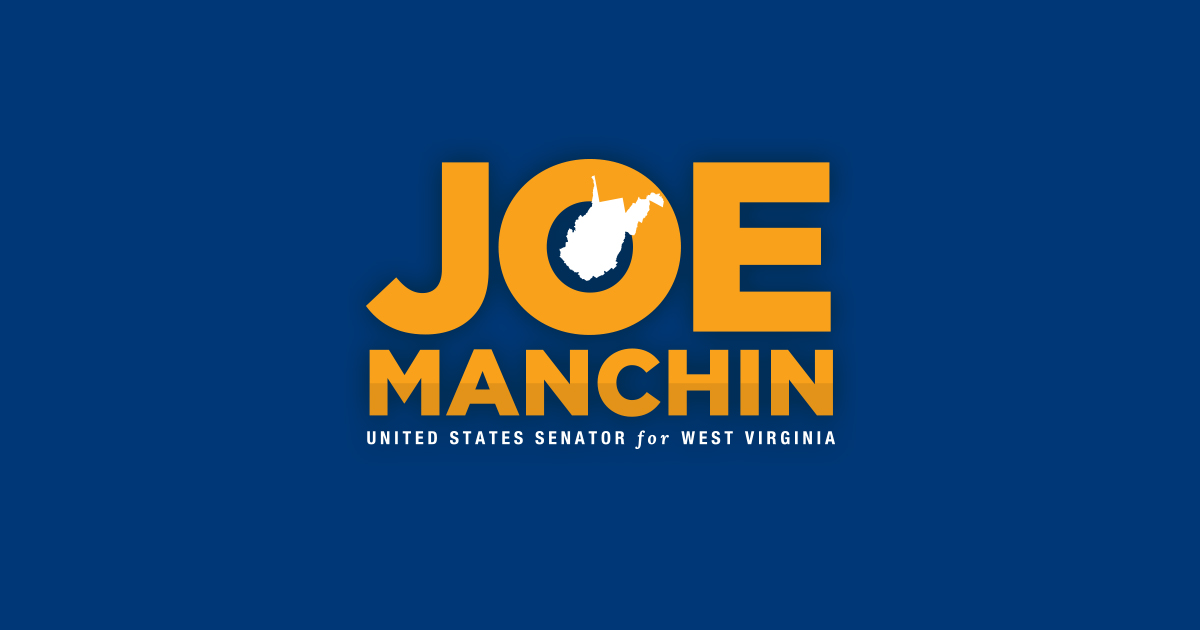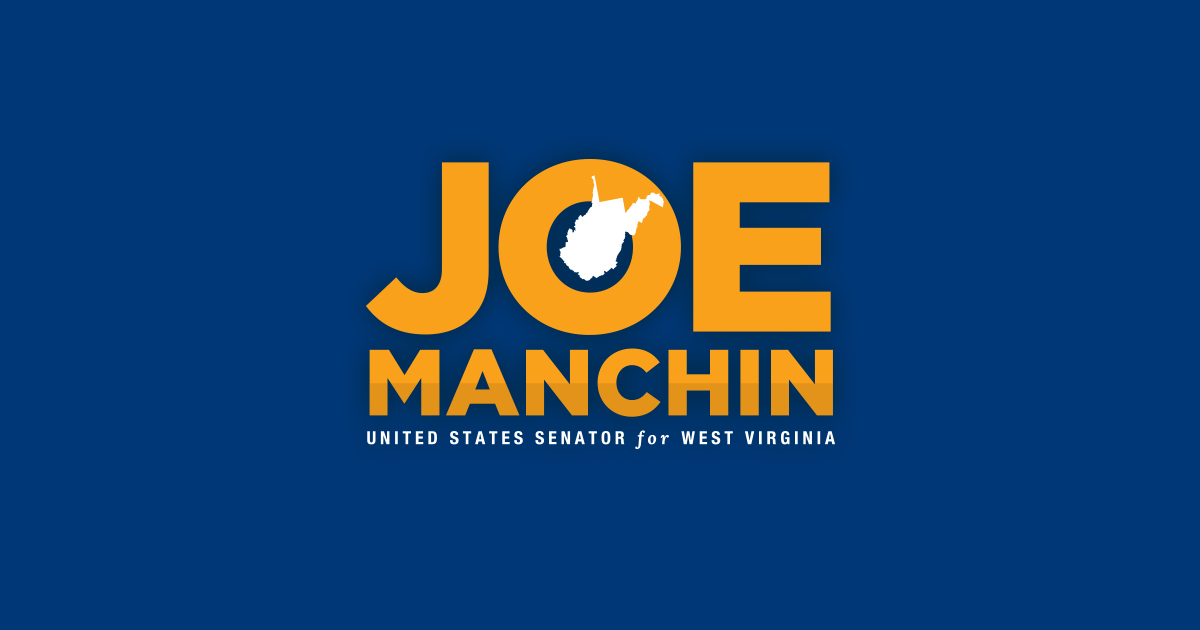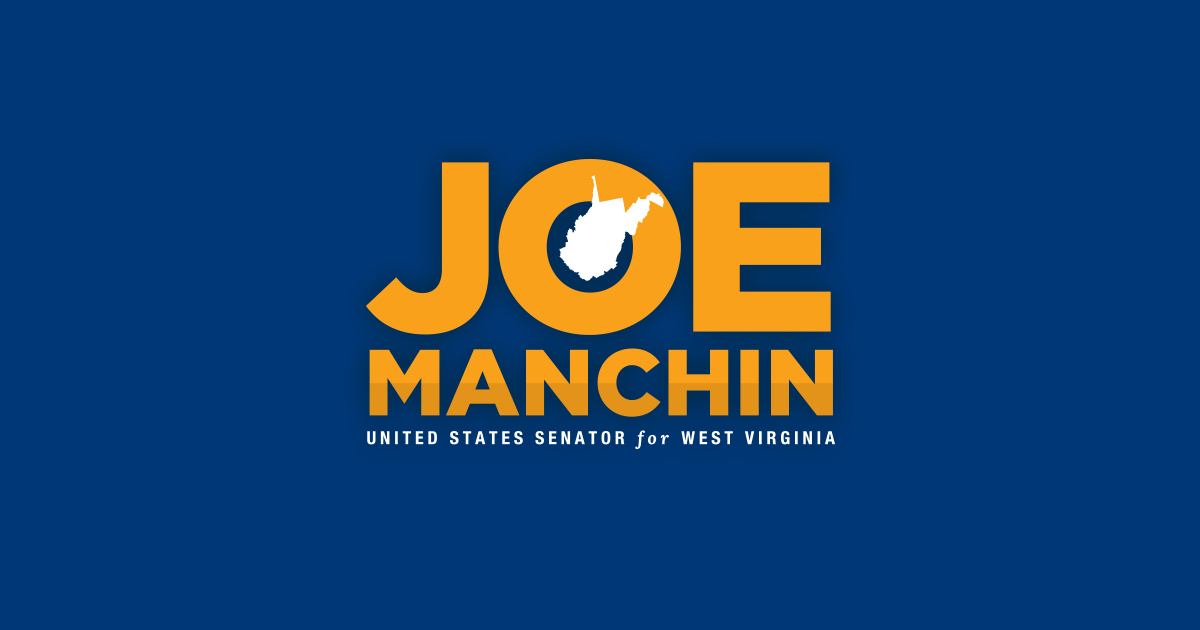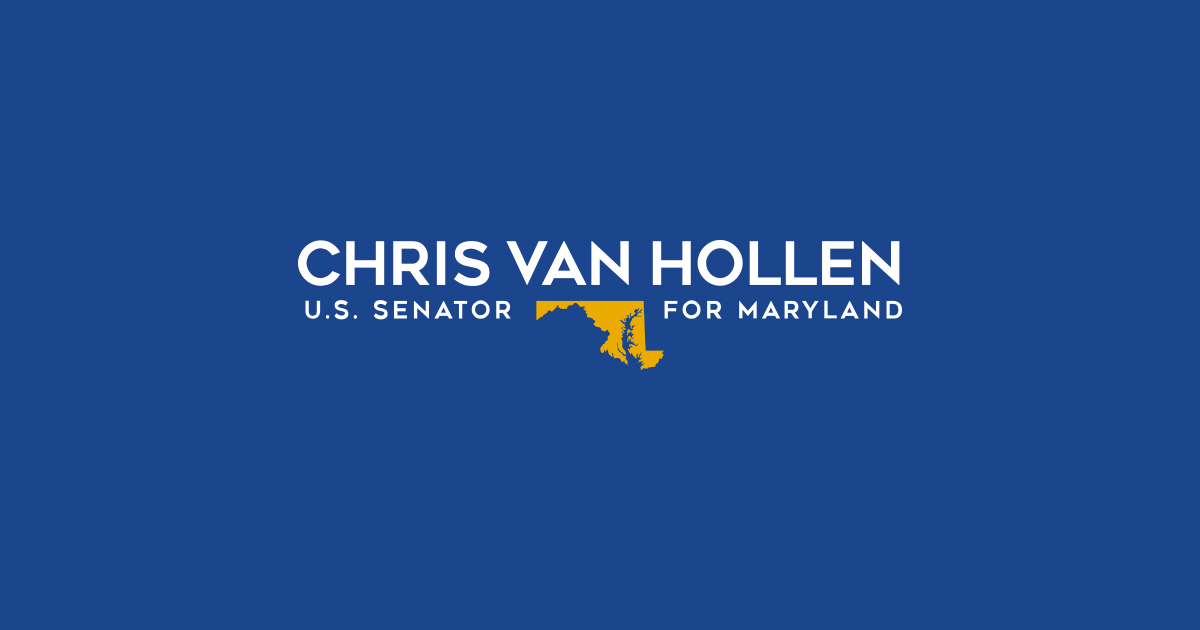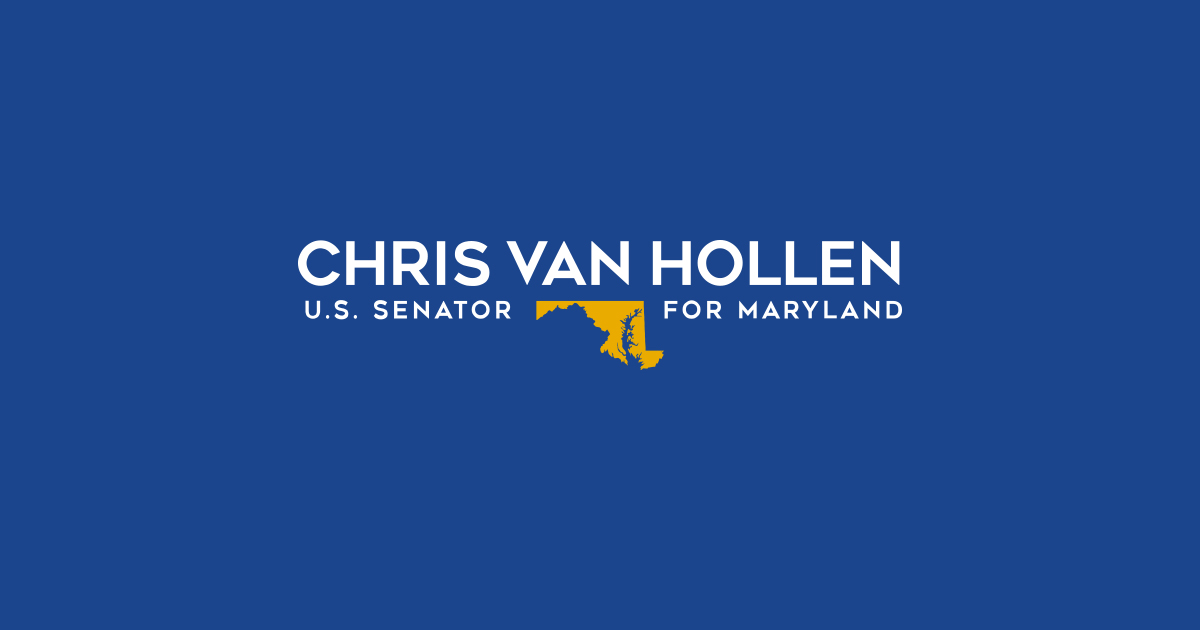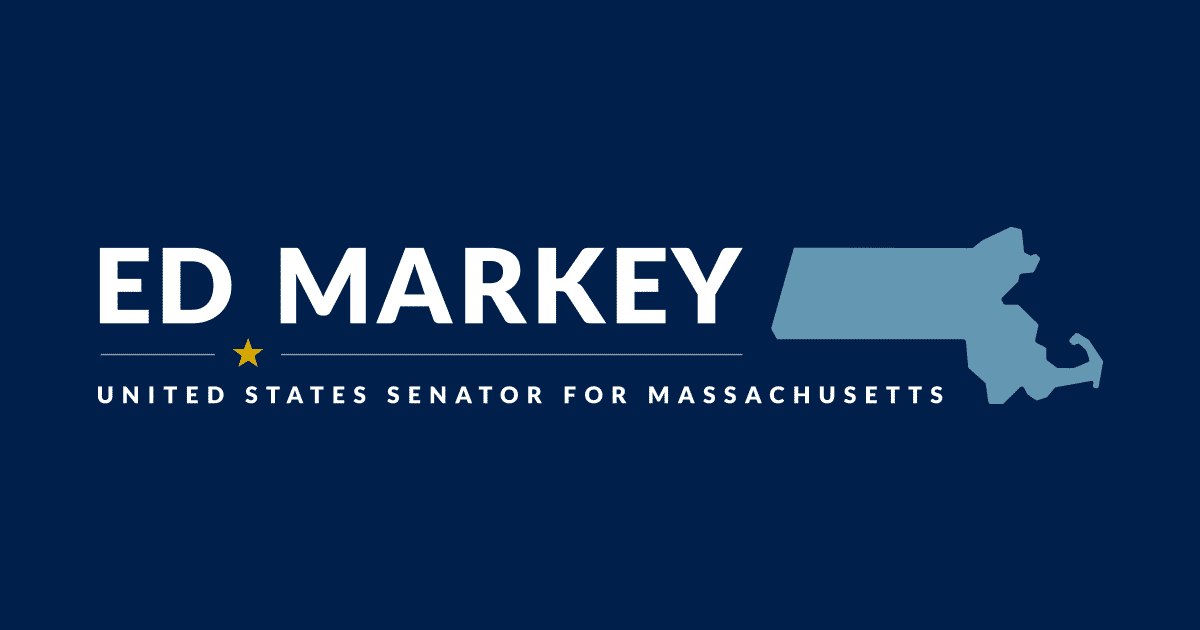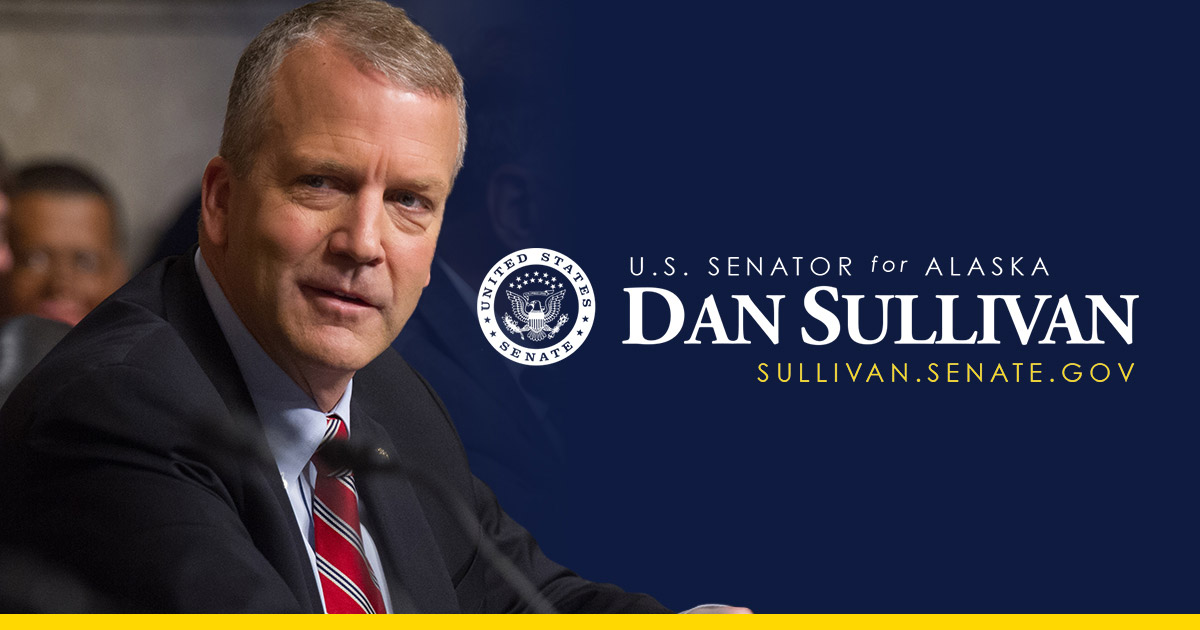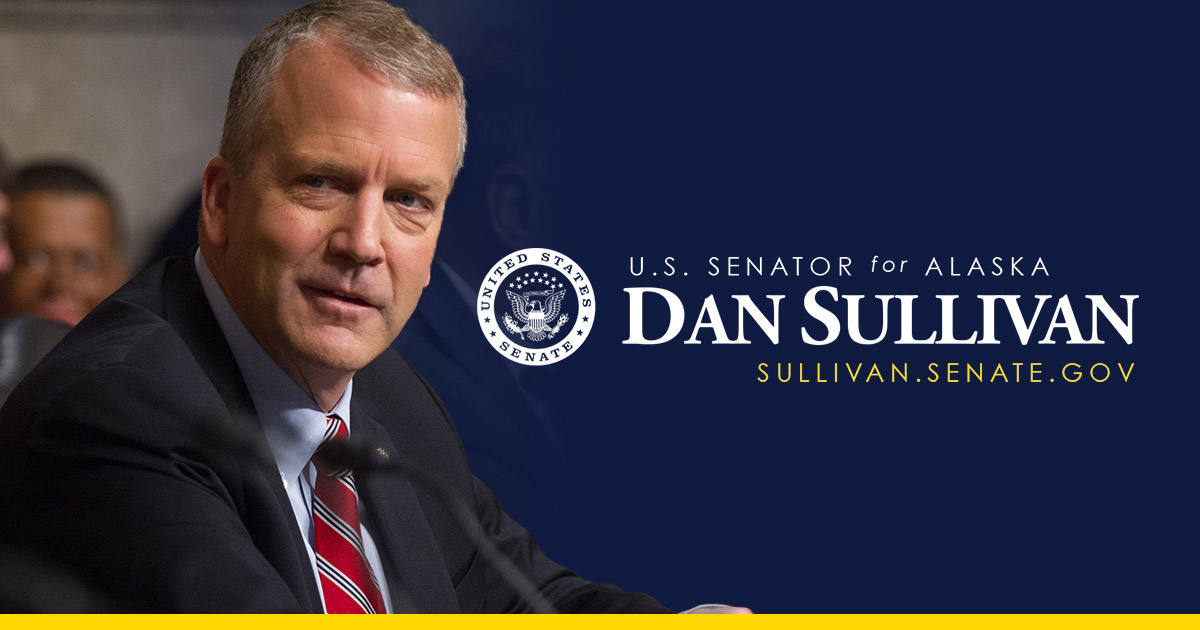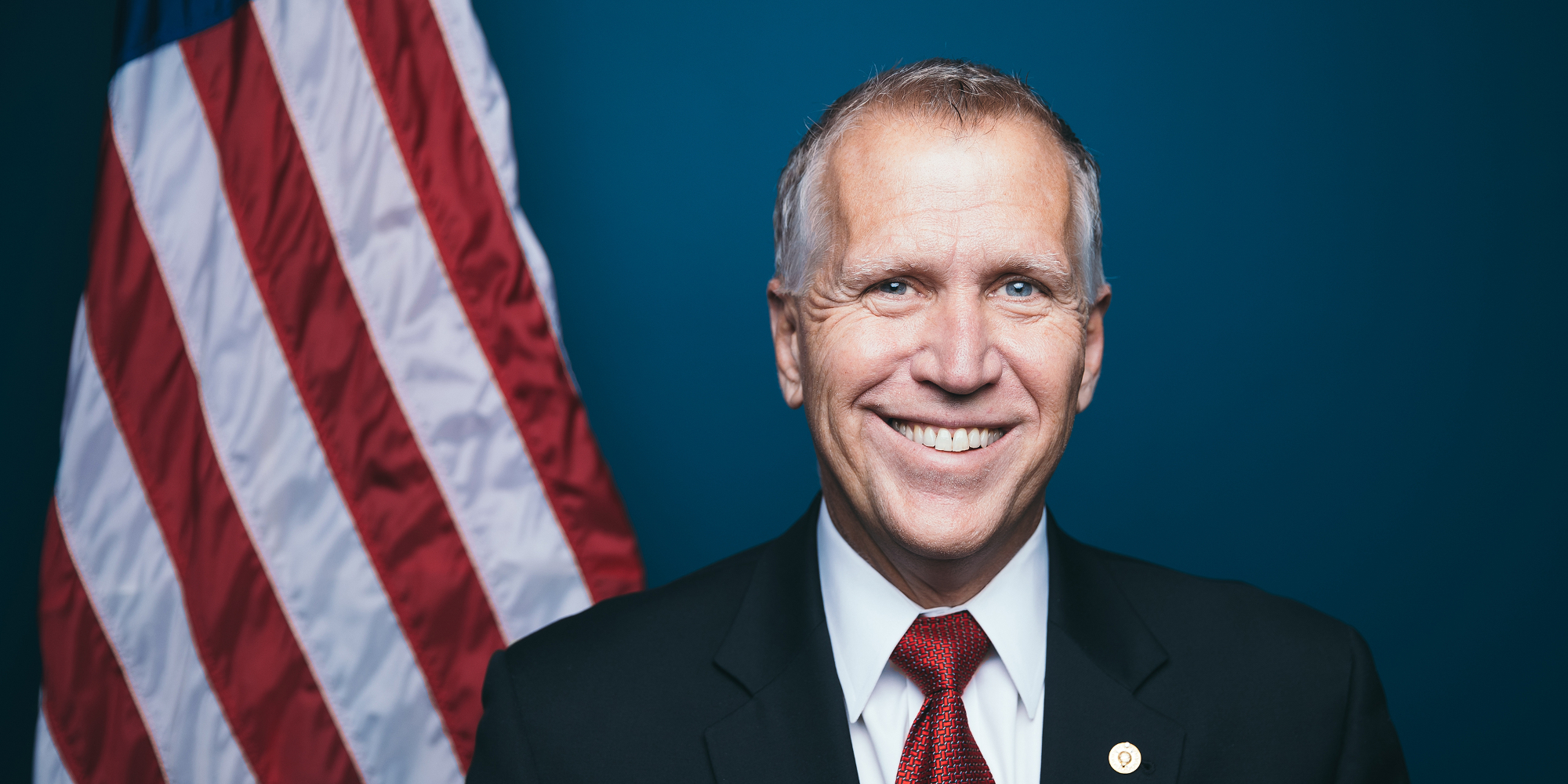Source: United States Senator for Alaska Dan Sullivan
06.13.23
WASHINGTON—U.S. Senators Dan Sullivan (R-Alaska) and 13 of his colleagues on the Senate Armed Services Committee (SASC) sent a letter today to Secretary of the Navy Carlos Del Toro demanding he fulfill his commitment to provide an updated 30-year shipbuilding plan to the committee that abides by the statutory requirement for the Navy to maintain a minimum of 31 amphibious warfare ships.
In April before the committee, Secretary Del Toro presented a shipbuilding plan that never reaches the statutory minimum as required by Congress. During questioning by Sen. Sullivan, Secretary Del Toro committed to providing a plan to the committee to meet the requirement.
The letter is signed by Senators Tim Kaine (D-Va.), Roger Wicker (R-Miss.), Mazie Hirono (D-Hawaii), Tom Cotton (R-Ark.), Joe Manchin (D-W.Va.), Kevin Cramer (R-N.D.), Tommy Tuberville (R-Ala.), Ted Budd (R-N.C.), Eric Schmitt (R-Mo.), Mike Rounds (R-S.D.), Rick Scott (R-Fla.), Markwayne Mullin (R-Okla.), and Deb Fischer (R-Neb.).
“At this time, you have not yet contacted the Committee to follow through on your commitment,” wrote the senators. “As we reiterated during the hearing, the statutory requirement for the Navy to maintain 31 amphibious warfare ships is not a suggestion, but a requirement based on the assessed needs of the Navy and Marine Corps. The Navy’s current plan not only violates the statutory requirement, but also jeopardizes the future effectiveness of the Joint Force, especially as we consider national security threats in the Indo-Pacific. We request that you provide the Committee an updated shipbuilding plan no later than June 19, 2023. Alternatively, we request that you submit a plan to adhere to the statutory requirement before that date.”
Today, in testimony before the committee, General Eric Smith, nominee to be commandant of the Marine Corps, testified that the Corps cannot fulfill its global response mission without the minimum number of amphibious ships.
The 31 amphibious warship provision was originally authored by Senator Sullivan, supported unanimously by Democrats and Republicans on SASC, and signed into law as part of the FY 2023 National Defense Authorization Act. In remarks on the Senator floor in May, Sullivan argued the DOD’s defiance of Congress in this matter sets a dangerous precedent, erodes the rule of law, and undermines the authority of the American people’s elected representatives.
Below is the full text of the letter.
Honorable Carlos Del Toro
Secretary of the Navy
Department of the Navy
100 Navy Pentagon
Washington, D.C. 20350-1000
Dear Secretary Del Toro:
The Fiscal Year (FY) 2023 National Defense Authorization Act (NDAA), signed into law on December 23, 2022, requires the Navy to maintain not less than 31 amphibious warfare ships, at least 10 of which must be amphibious assault ships (LHAs). The Navy’s FY2024 budget and 30-year shipbuilding plan make it clear the Navy does not have a plan to meet this legal requirement, now or over the next 30 years. We note that the Senate Armed Services Committee received the most recent 30-year shipbuilding plan nearly four months after the FY2023 NDAA was signed into law, and less than 24-hours before the Department of the Navy’s April 18, 2023 testimony, giving committee members and staff little time to review the plan and ask relevant oversight questions.
During your April 18, 2023 testimony before the Committee, a bipartisan group of Senators asked you about the Navy’s failure to comply with the statutory requirement to maintain at least 31 amphibious warfare ships. You committed to come back to the Committee with a plan to adhere to the law. Specifically, you stated:
“Senator, you have my commitment that I will come back to you with a statement on how we can fix this.”
At this time, you have not yet contacted the Committee to follow through on your commitment. As we reiterated during the hearing, the statutory requirement for the Navy to maintain 31 amphibious warfare ships is not a suggestion, but a requirement based on the assessed needs of the Navy and Marine Corps. The Navy’s current plan not only violates the statutory requirement, but also jeopardizes the future effectiveness of the Joint Force, especially as we consider national security threats in the Indo-Pacific.
We request that you provide the Committee an updated shipbuilding plan no later than June 19, 2023. Alternatively, we request that you submit a plan to adhere to the statutory requirement before that date.
# # #
